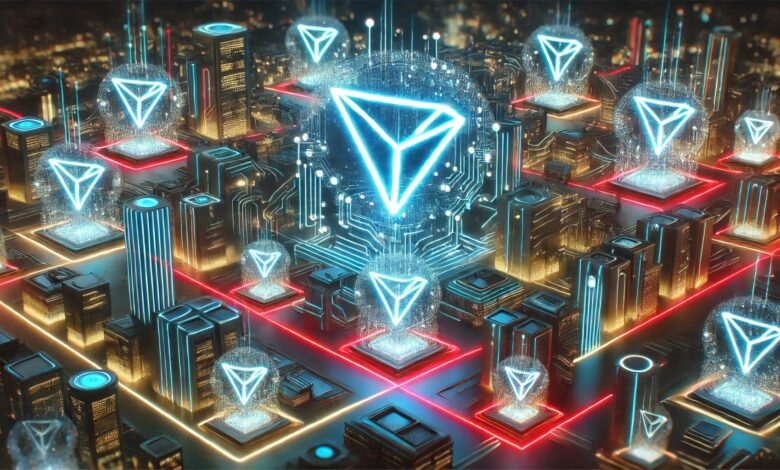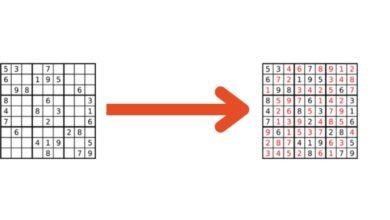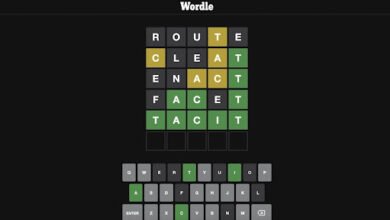
Decentralized Finance (DeFi) has emerged as one of the most exciting sectors in the world of blockchain and cryptocurrency. With the ability to provide financial services without traditional intermediaries like banks, DeFi platforms are reshaping the way we think about finance. Among the blockchains powering this revolution, Tron stands out as one of the most promising. In this blog post, we’ll explore why Tron blockchain is the future of DeFi, and how its features and advantages are making it an attractive option for developers and users alike.
We’ll also discuss the role of Crypto Token Development and how Crypto Token Development Companies are leveraging Tron to build DeFi applications that offer speed, scalability, and low transaction costs.
The Rise of Tron Blockchain
Tron was created by Justin Sun in 2017 with the aim of creating a decentralized internet and enabling blockchain-based applications (dApps). While the blockchain initially focused on the entertainment industry, it quickly expanded its scope to support DeFi applications. Tron’s blockchain offers a high level of scalability, fast transaction speeds, and low fees—all critical elements for DeFi platforms.
What makes Tron blockchain stand out in the DeFi space is its ability to offer seamless and efficient transactions, making it an ideal platform for decentralized applications. Tron is known for its high throughput and low-cost transactions, which are key benefits when dealing with the large volume of transactions in the DeFi ecosystem.
Key Features of Tron Blockchain for DeFi
Tron blockchain is built to address some of the most common challenges faced by other blockchain networks, particularly when it comes to scalability and transaction fees. Here are some of the core features of Tron that make it an attractive option for DeFi platforms:
1. Scalability
One of the biggest issues facing blockchain networks today is scalability. As the number of users and transactions increases, many blockchains struggle to keep up with demand. Tron, however, has been designed to handle high throughput and large volumes of transactions.
Tron’s Delegated Proof of Stake (DPoS) consensus mechanism allows it to process thousands of transactions per second (TPS). This is crucial for DeFi applications, where users make transactions frequently and at a large scale. The ability to scale efficiently means that Tron can handle high traffic loads without compromising transaction speed or network performance.
2. Low Transaction Fees
Transaction fees are one of the most significant concerns for DeFi users. High fees can make smaller transactions uneconomical, especially in periods of high network congestion. Tron addresses this issue with very low transaction fees, making it an attractive platform for users and developers.
With its low fees, Tron allows users to perform multiple transactions without worrying about high costs. This makes it particularly suitable for DeFi platforms that require frequent transactions, such as decentralized exchanges (DEXs), lending platforms, and yield farming protocols.
3. Fast Transaction Speed
In the fast-paced world of DeFi, speed is critical. Traditional blockchains like Bitcoin and Ethereum often face delays due to network congestion, which can affect user experience and platform efficiency. Tron, however, offers rapid transaction processing times.
Tron’s block time is around 3 seconds, which means that transactions are confirmed almost instantly. This is an important feature for DeFi applications where users need quick execution of trades, asset transfers, and other financial operations. With Tron, users can make real-time decisions without worrying about delays or slow confirmations.
4. Interoperability with Other Blockchains
Interoperability is another crucial feature of the Tron blockchain. DeFi platforms often need to interact with multiple blockchains to enable a broader range of assets and services. Tron has made strides in improving interoperability, allowing for cross-chain communication with other blockchain networks.
This is especially useful for users who want to access a variety of DeFi applications across different blockchains. It allows them to transfer assets between networks without needing a centralized intermediary. By supporting a wide range of tokens and platforms, Tron helps facilitate a more seamless DeFi ecosystem.
5. Security and Transparency
Security is a major concern in the DeFi space. Since most DeFi platforms are decentralized, they are vulnerable to smart contract bugs, hacks, and malicious attacks. Tron has taken significant steps to ensure the security of its network and the dApps that run on it.
The Tron network uses a highly secure DPoS consensus mechanism to validate transactions. It also employs robust encryption techniques to protect user data and ensure that transactions are tamper-proof. The blockchain’s transparency ensures that all transactions are recorded and accessible, adding an extra layer of trust for DeFi users.
The Role of Crypto Token Development in DeFi
DeFi applications rely heavily on crypto tokens, which are digital assets that facilitate transactions within the platform. These tokens can represent anything from a stake in a liquidity pool to an ownership share in a decentralized exchange. Tron’s ability to create and manage crypto tokens efficiently is one of the key reasons it has become a popular choice for DeFi developers.
Creating Custom Tokens on Tron
With Crypto Token Development, developers can create custom tokens that can be used within their DeFi platforms. Tron supports the creation of various token types, including:
- TRC-10 Tokens: These are the most basic type of tokens on the Tron network. They are ideal for simple applications that don’t require complex smart contracts.
- TRC-20 Tokens: TRC-20 tokens are more advanced and allow for the creation of tokens that can interact with smart contracts. They are the standard for creating fungible tokens on the Tron blockchain.
- TRC-721 Tokens: These are non-fungible tokens (NFTs), which are unique assets that can represent anything from digital art to in-game items. NFTs have become a major trend in the DeFi space, and Tron supports their creation through its TRC-721 standard.
By leveraging Crypto Token Development, developers can create tokens that meet the specific needs of their DeFi applications. Whether it’s creating governance tokens, utility tokens, or NFTs, Tron’s token standards provide the flexibility needed for a variety of use cases.
The Role of a Crypto Token Development Company
For businesses and entrepreneurs looking to build their own DeFi platform on the Tron blockchain, working with a Crypto Token Development Company can provide valuable expertise. These companies specialize in building decentralized applications (dApps) and tokens on the Tron network, ensuring that projects are executed efficiently and securely.
A Crypto Token Development Company can help with:
- Token Creation: Helping businesses create custom tokens that align with their platform’s goals.
- Smart Contract Development: Writing and deploying smart contracts that handle transactions, governance, and other key operations on the platform.
- dApp Development: Building decentralized applications that run on the Tron blockchain and integrate seamlessly with the platform’s tokens.
- Security Audits: Ensuring that the platform’s smart contracts and tokens are secure and free from vulnerabilities.
By partnering with a trusted Crypto Token Development Company, businesses can ensure that their DeFi platforms are built to the highest standards of quality and security.
Why Tron Blockchain is the Future of DeFi
Tron blockchain’s scalability, low transaction fees, fast speeds, and robust security features make it a prime candidate for powering the future of DeFi. With the growing demand for decentralized financial services, Tron’s ability to handle high volumes of transactions while maintaining efficiency and low costs is crucial for the long-term success of the DeFi ecosystem.
The DeFi industry is expected to grow rapidly, and Tron’s innovative features position it to become a major player in this space. As more developers choose Tron for their DeFi projects, the network’s ecosystem will continue to expand, providing users with more options and greater opportunities.
Conclusion
Tron blockchain’s technological advantages and the ability to support various DeFi applications make it one of the most promising platforms for decentralized finance. With the help of Crypto Token Development and a reliable Crypto Token Development Company, businesses and developers can leverage Tron’s capabilities to build the next generation of DeFi applications.
By embracing Tron’s powerful features, DeFi platforms can provide users with a seamless, efficient, and cost-effective financial experience, paving the way for a decentralized financial future.



